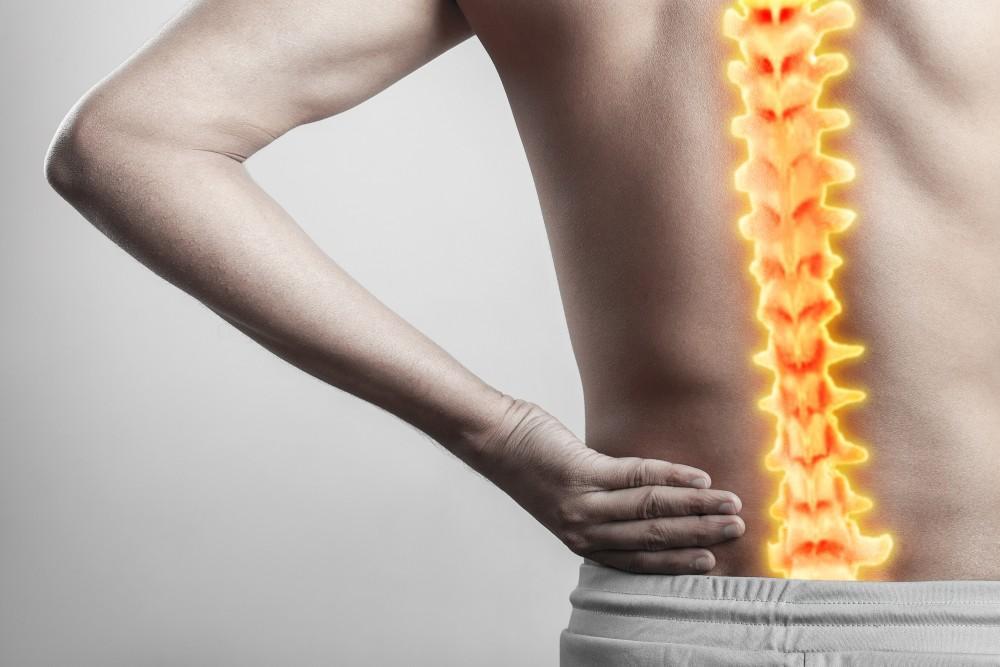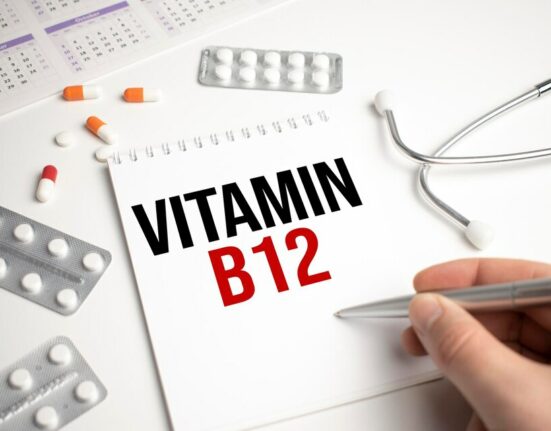Introduction
Degenerative Disc Disease (DDD) is a common condition that affects the spinal discs, which act as cushions between the vertebrae in our spine. While the name may sound daunting, it is important to understand that DDD is a normal part of aging. In this article, we will explore what degenerative disc disease is, how it can affect you physically and mentally, and what can be done to manage the condition.
Understanding Degenerative Disc Disease
Degenerative Disc Disease refers to the gradual wear and tear of the spinal discs over time. The spinal discs are soft, jelly-like structures that provide cushioning and allow flexibility in the spine. As we age, these discs tend to lose their water content and become less flexible, leading to degeneration.
Physical Impact
Chronic Back and Neck Pain:
One of DDD’s most common symptoms is persistent back or neck pain. This pain can range from mild to severe and may be aggravated by certain activities like bending, lifting, or sitting for prolonged periods. The pain may also radiate to the arms or legs if the affected discs put pressure on nearby nerves.
Reduced Mobility and Flexibility:
DDD can restrict the range of motion in the spine, making it harder to perform everyday tasks. The stiffness and discomfort can limit activities such as bending, twisting, and lifting, affecting overall mobility.
Muscle Weakness: The degeneration of spinal discs can lead to muscle weakness in the back and legs. This weakness may result in balance, coordination, and endurance difficulties, making it harder to engage in physical activities.
Mental and Emotional Impact
Emotional Distress:
Dealing with chronic pain and physical limitations can take a toll on one’s mental well-being. Constant pain can lead to feelings of frustration, irritability, and depression. It is not uncommon for individuals with DDD to experience anxiety or a sense of hopelessness due to the ongoing challenges they face.
Impact on Daily Life:
Chronic pain and physical limitations can disrupt daily routines and activities, including work, hobbies, and social interactions. This disruption can lead to feelings of isolation, decreased self-esteem, and a sense of being a burden to others.
Sleep Disturbances:
Pain and discomfort associated with DDD can make it difficult to get a good night’s sleep. Lack of quality sleep can further exacerbate mental health issues, leading to fatigue, mood swings, and difficulty concentrating.
Managing Degenerative Disc Disease
Physical Therapy:
A physical therapist can provide exercises and stretches aimed at improving strength, flexibility, and posture. They may also teach techniques for pain management and proper body mechanics to prevent further damage.
Pain Medications:
Over-the-counter pain relievers like acetaminophen or non-steroidal anti-inflammatory drugs (NSAIDs) can help manage mild to moderate pain. In some cases, prescription medications or injections may be recommended by a healthcare professional.
Lifestyle Modifications:
Maintaining a healthy lifestyle can have a positive impact on DDD. Regular exercise, a balanced diet, maintaining a healthy weight, and avoiding activities that strain the spine can all contribute to managing symptoms.
Assistive Devices:
The use of supportive devices such as braces or orthotics can provide stability and alleviate pain. Assistive devices like canes or walkers may be recommended if mobility is significantly affected.
Psychological Support:
Seeking emotional support from friends, family, or support groups can be beneficial in managing the emotional impact of DDD. Additionally, counseling or therapy may help individuals cope with the mental challenges associated with chronic pain.
Potential Treatments:
A potential treatment for those with medium to hardback pain is being researched and developed. This company called DiscGenics uses an injection called IDCT that uses regenerative cell therapy to heal and build back the broken-down discs in your back.
Conclusion
Degenerative Disc Disease can have a significant impact on both physical and mental health. The chronic pain, reduced mobility, and emotional distress associated with DDD can disrupt daily life and affect overall well-being. However, with the right management strategies, individuals with DDD can lead fulfilling lives. Seeking professional medical advice, adopting a healthy lifestyle, and taking care of one’s mental health are essential steps towards managing the condition and improving overall quality of life. Remember, you are not alone, and there is support available to help you navigate the challenges of Degenerative Disc Disease






